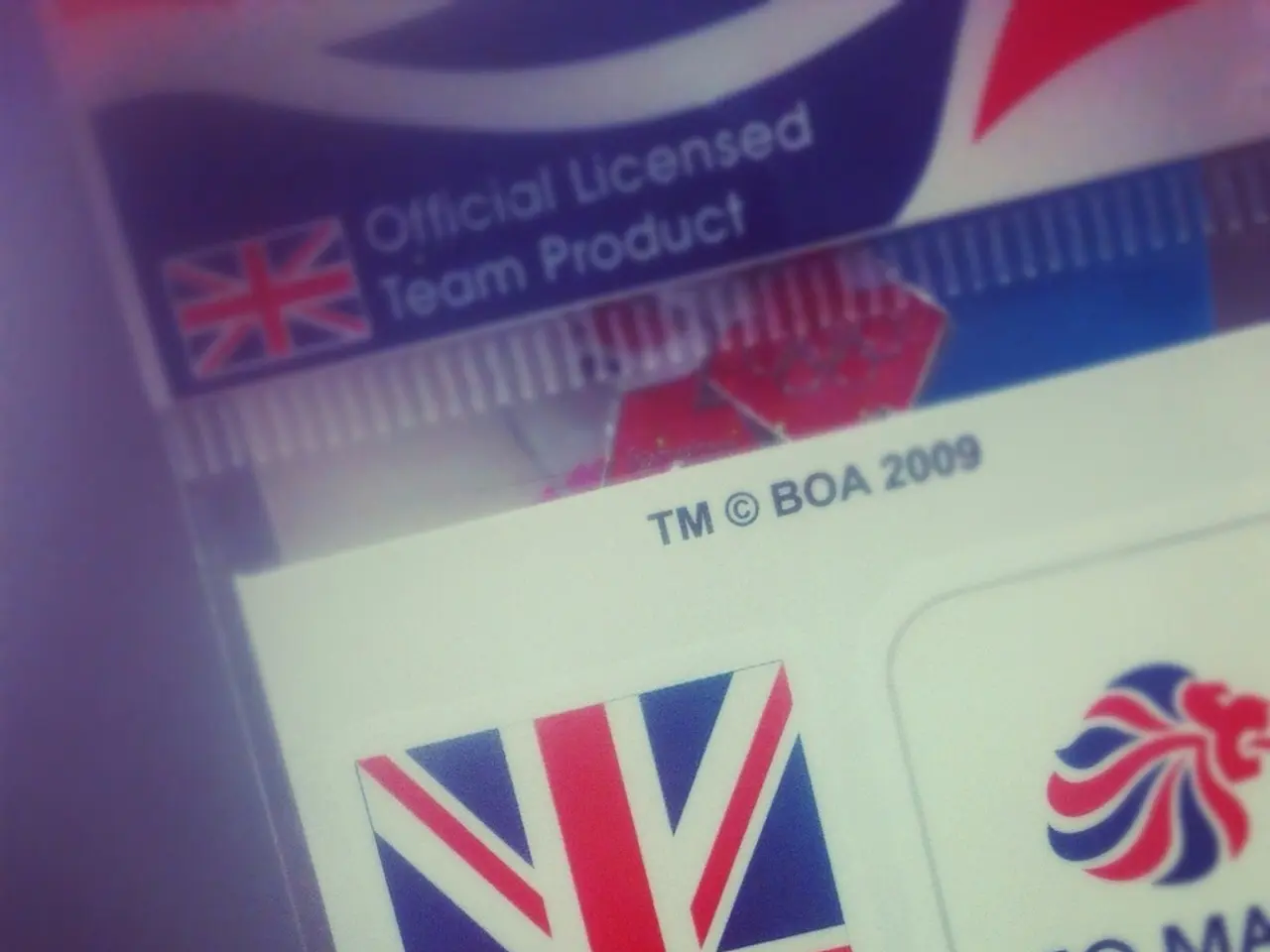Walmart Faces Hefty Fine of $10 Million Due to Violations in Wire Transfer Policies
Walmart Faces Allegations of Lax Fraud Safeguards by FTC
In a significant development, the Federal Trade Commission (FTC) has accused Walmart of failing to implement basic anti-fraud measures, such as proper employee training and customer alerts, in its money transfer services.
Walmart, a retail giant that offers money transfer services under its own brand, including "Walmart2Walmart" and "Walmart2World," has been under investigation by the FTC for years due to criminals using its in-store services for fraud. The FTC claims that Walmart instructed employees to process payouts even when fraud was suspected.
The FTC's allegations come as Walmart acts as an agent for multiple money transfer services, including MoneyGram, Ria, and Western Union, and handles tens of millions of money transfers each year.
The FTC recommends several anti-fraud safeguards for in-store money transfer services to prevent consumers from falling victim to wire transfer fraud schemes. These include verifying the identity of the requester independently, not wiring money to unsolicited contacts, and promptly reporting any fraud to the transfer company and the FTC.
According to the FTC, Walmart continued processing fraud-induced money transfers without adopting effective policies and practices to detect and prevent these transfers. In some cases, Walmart's practices made it easier for fraudsters to collect fraud-induced money transfers at a Walmart store. Between 2013 to 2018, Walmart stores sent or received nearly $200 million in payments that were the subject of fraud complaints, according to the FTC.
Suzanne Sando, Lead Analyst of Fraud Management at Javelin Strategy & Research, expressed encouragement at the accountability for larger organizations to have stronger anti-fraud measures in place. Sando emphasized the importance of improving employee training as a key component of fraud prevention.
In response to the allegations, Walmart has pledged to stop assisting any sellers or telemarketers it believes could be engaged in wire fraud. Walmart will no longer process money transfers it suspects may be fraudulent.
Sando criticized the attitude among larger organizations that if an issue doesn't affect their cost of business/bottom line, they can let things slide, stating that it affects consumers. Walmart has agreed to pay $10 million to settle the allegations made by the FTC.
The FTC's announcement serves as a reminder for all businesses, especially those offering money transfer services, to prioritize anti-fraud measures to protect their customers and maintain trust. Consumers are encouraged to report any fraud to the FTC and follow the recommended safeguards to protect themselves from wire transfer fraud.
- The general-news of Walmart facing allegations by the FTC for lax fraud safeguards in its money transfer services highlights the need for tighter financial industry regulations and stronger business practices in the field of crime-and-justice.
- As Walmart continues to act as an agent for various finance companies and handles large volumes of money transfers each year, it should prioritize adopting the recommended anti-fraud safeguards by the FTC to prevent consumers from becoming victims of wire transfer fraud schemes and maintain consumer trust.




